Without an official No-Objection Certificate, protesters gathered outside the NPC, armed with placards and megaphones, determined to make their voices heard
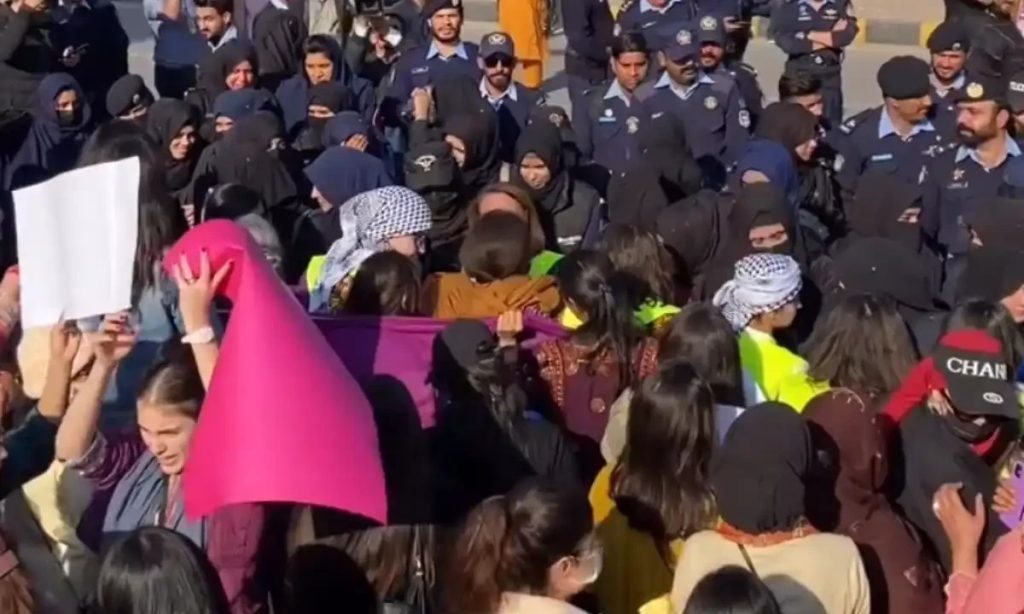
By Asghar Ali Mubarak
ISLAMABAD: The Aurat March in Islamabad, which took place on Saturday afternoon, ended in a standoff when police intervened to prevent participants from proceeding to D-Chowk, despite the organizers’ efforts to carry out the rally as planned. The march, organized to commemorate International Women’s Day, had already been a point of contention, as authorities had not granted formal approval for the event.
Organizers, including rights activist Dr. Farzana Bari, had made it clear the day before the march that they intended to gather outside the National Press Club (NPC) and then march towards D-Chowk. “We will hold our gathering outside the NPC as in previous years and will attempt to march towards D-Chowk to commemorate International Women’s Day,” Dr. Bari had asserted, underscoring the significance of the day for advocating women’s rights.
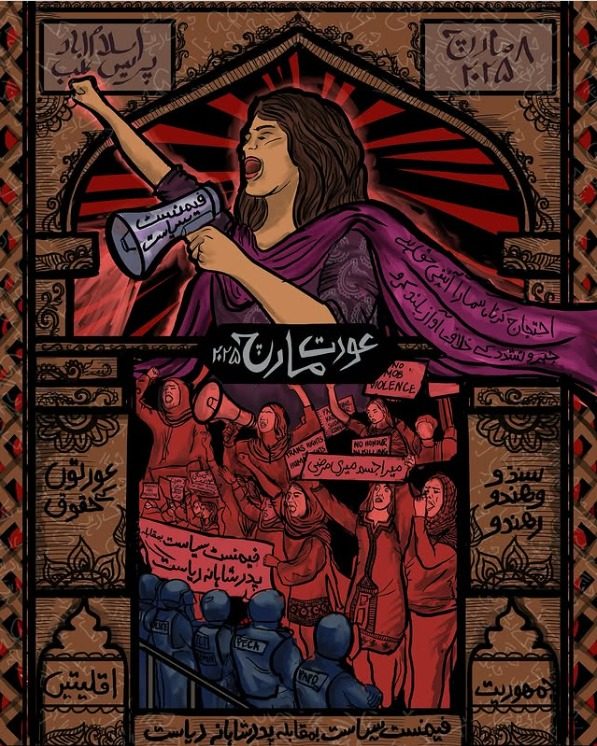
Despite the absence of an official No-Objection Certificate (NOC) from the Islamabad administration, participants gathered outside the NPC, holding placards, banners, and megaphones to raise their voices. In anticipation of the march, the city’s traffic police announced the closure of several routes, including Express Chowk and Serena Hotel, due to the law and order situation. Commuters were advised to use alternative routes like Nadra, Marriott, and Margalla Road to avoid disruptions.
Dr. Bari had previously revealed that a formal application for an NOC had been submitted months before the march, but no response had been received. Instead, the Islamabad administration had suggested that the event be postponed due to the approaching month of Ramazan. In an effort to respect the sanctity of the holy month, the organizers had planned to keep the event simple, avoiding music and festivities. However, Dr. Bari emphasized that the right to observe International Women’s Day, a global occasion held only once a year, was non-negotiable.
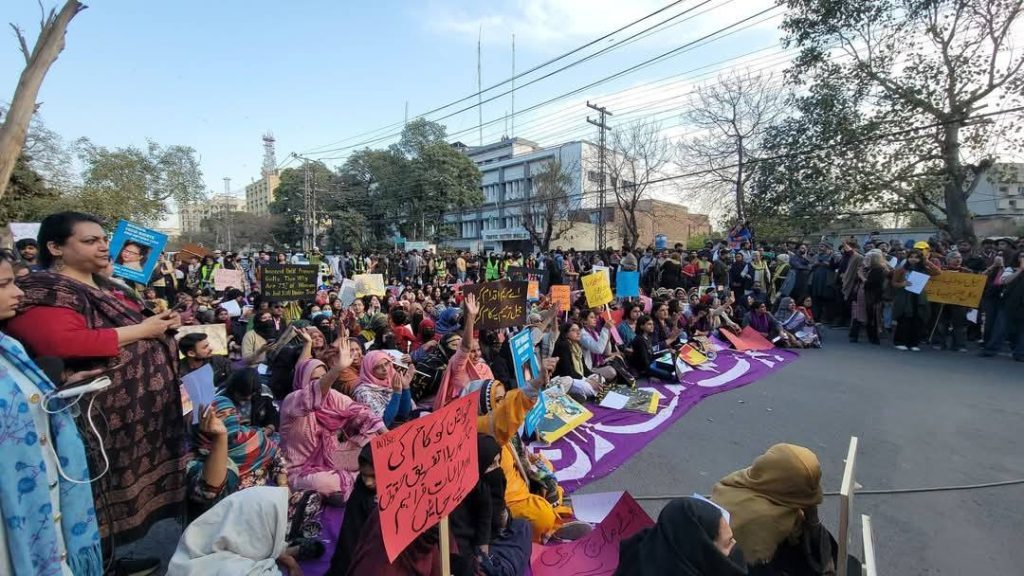
As tensions rose, the organizers took to social media, publishing an open letter to Prime Minister Shehbaz Sharif. The letter detailed the ongoing struggles to obtain permission for the march over the past six years, with the organizers pointing out that they had been denied their right to protest and were subjected to violence by both religious fundamentalist groups and police forces in the past.
The letter also drew attention to the negative international perception regarding the status of women’s rights in Pakistan, due to the repeated disruption of peaceful protests. In the face of police obstruction, the march’s conclusion highlighted the ongoing struggle for women’s rights in Pakistan, with organizers and participants reaffirming their commitment to continue advocating for gender equality and justice, despite the obstacles placed in their path.
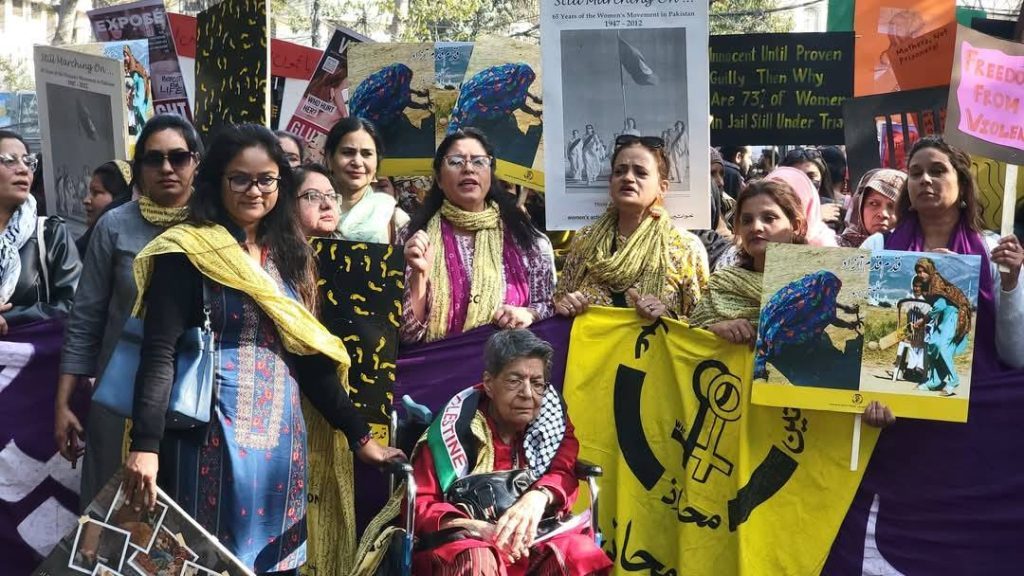
The Women’s March in Pakistan is more than just a demonstration—it is a powerful reflection of a timeless struggle for gender equality, human rights, and social justice. This march brings together the voices of countless women who have bravely stood against the oppressive forces of discrimination, violence, and patriarchy that persist in every corner of society.
The movement calls for a society where gender equality is not just a distant ideal but a lived reality. It is a society where human rights are universally recognized, where every individual, regardless of gender, has the right to education, to work, and to live a life free of oppression. It is a call for an end to gender-based discrimination, a society where all people are treated equally, irrespective of their sex.
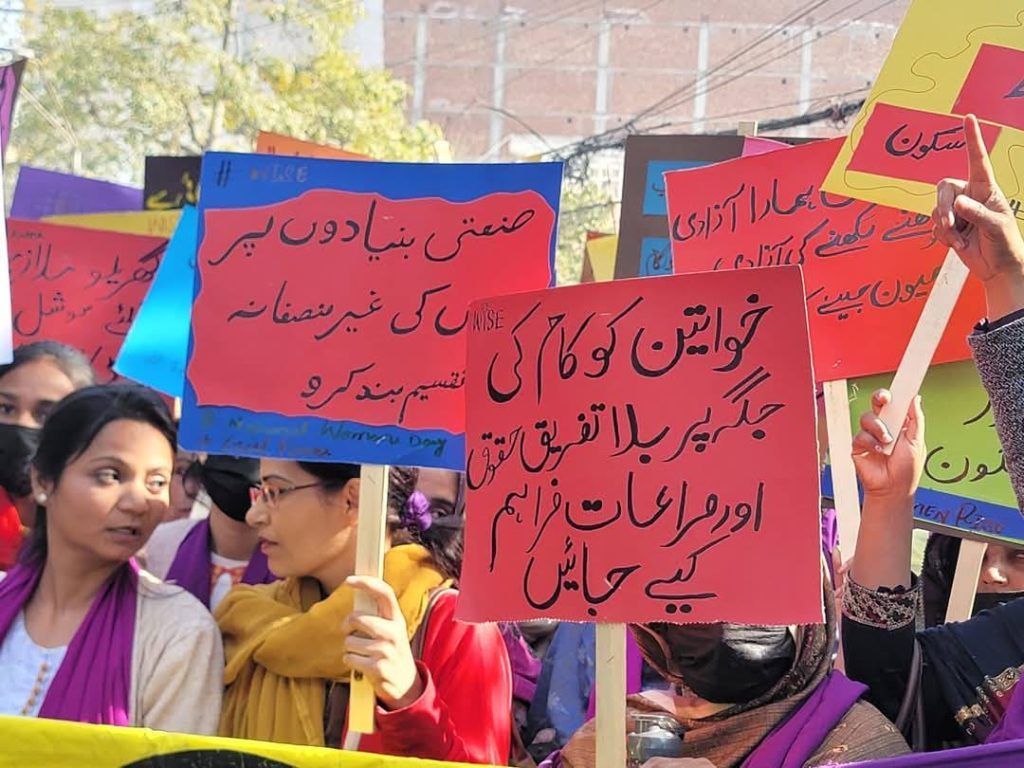
As the poet Rumi once said, “The soul has no gender; it is neither female nor male, it is simply human.” This resonates deeply with the movement, which aims to create a world where everyone, regardless of their gender, is valued equally and allowed to thrive without the constraints of societal norms that limit their potential.
The Women’s March is not just for those who are present; it is for the countless women whose stories have been ignored, whose voices have been silenced. It is for the women whose lives have been shattered by acid attacks, who have been denied the right to inheritance, who have been treated as possessions, who have been cast aside the moment they were seen as burdens, or forced into submission by both societal and religious structures. It is for every woman whose dignity has been stripped away, and whose bodies have been used against their will.
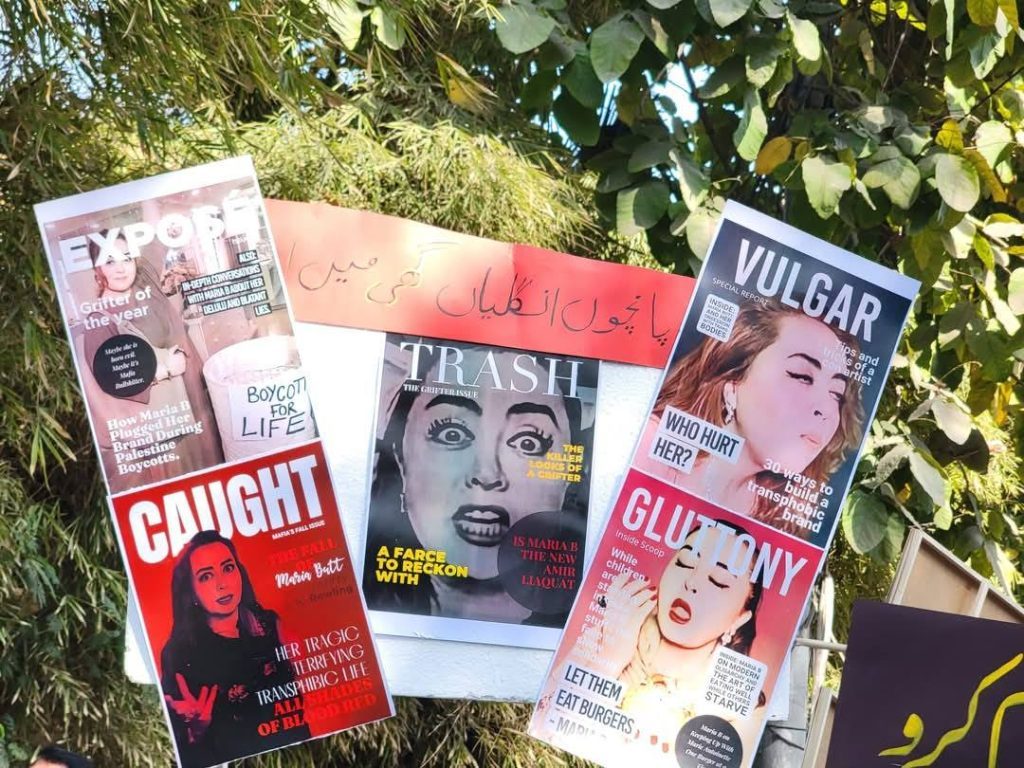
The slogan “My body, my choice” has become the rallying cry that has shaken the foundation of patriarchal structures, leading those who uphold these systems to react defensively. But this movement is unwavering. The march will continue, marching for every woman who has no voice left but the stories they carry. It will persist, day after day, until gender equality is no longer a fight but a truth lived by all.



